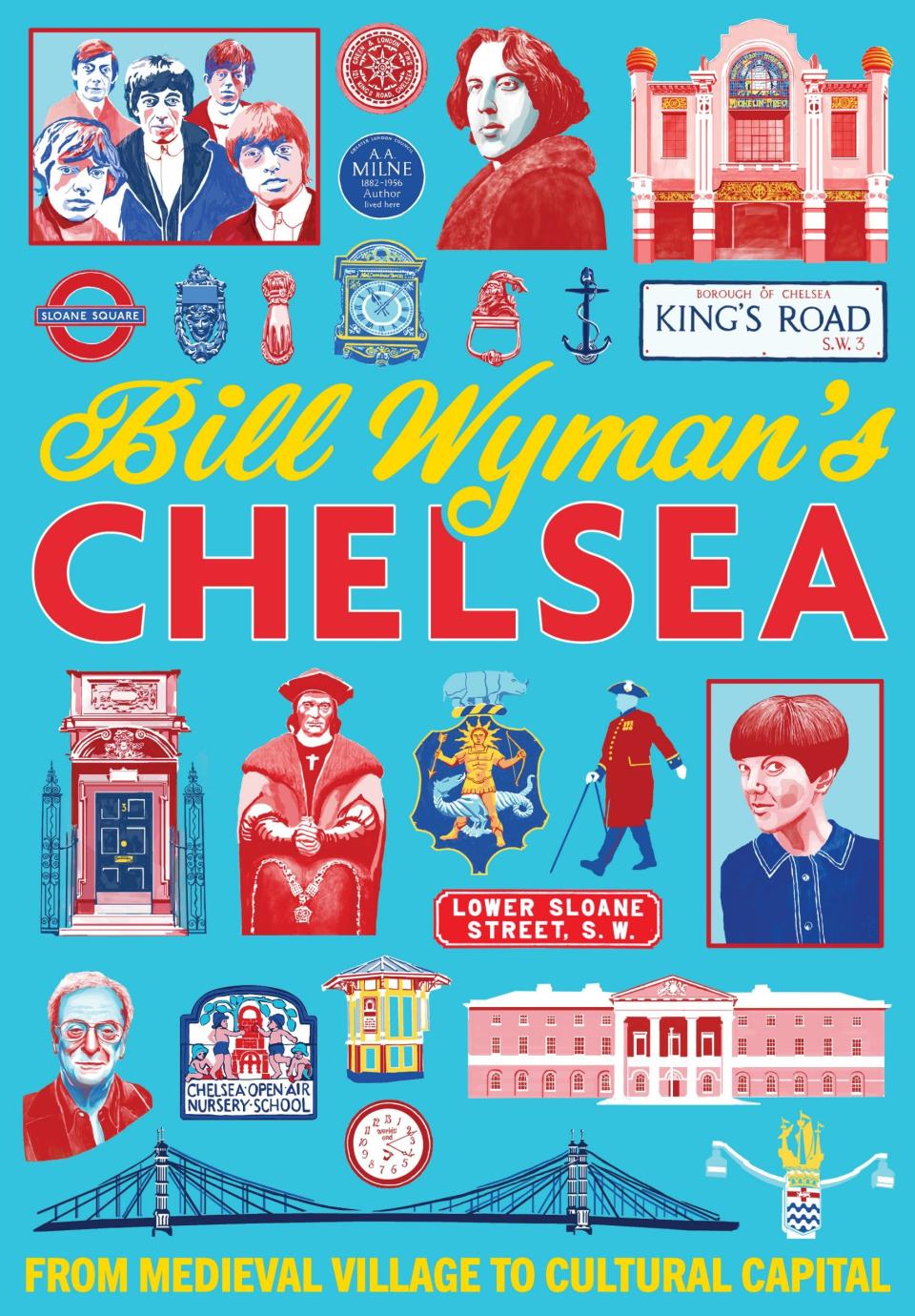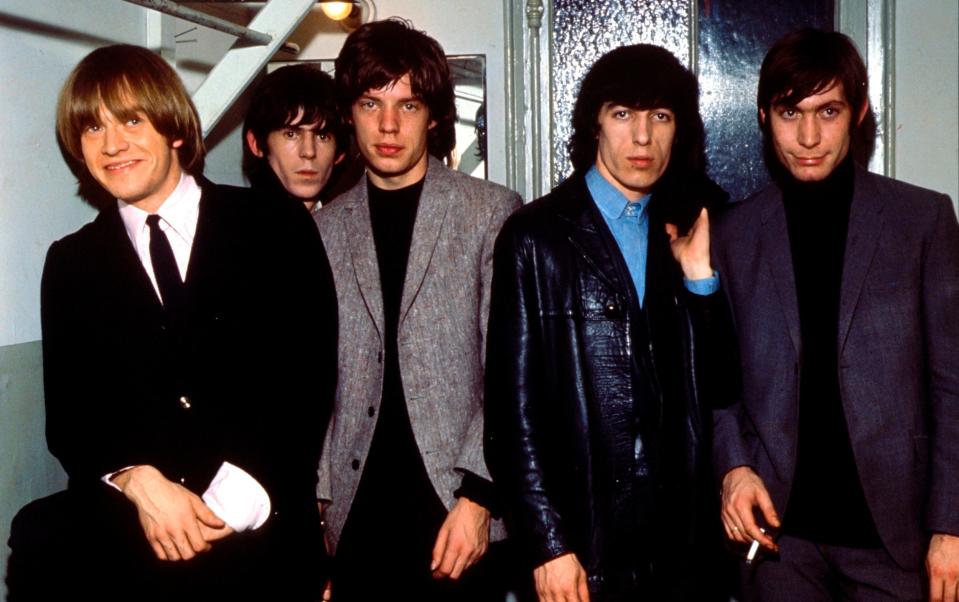Bill Wyman swaps rock ‘n’ roll for a Chelsea stroll with new history book

He comes from a louche world of rock‘n’roll, sex and drugs, but the founding member of the Rolling Stones Bill Wyman is now pursuing more genteel pleasures - encouraging Londoners to appreciate history and architecture that is all around them.
The legendary rocker told The Telegraph: “When you look in the streets at people, they don’t usually look around. They’re usually looking at the ground or they’ve got their mobile phones. They don’t look at the beauty of London as a city… There are so many beautiful buildings and statues, memorials - and people just walk past without even glancing.”
He despairs over the number of people who ignore a plaque in the borough of Chelsea, marking the site of Henry VIII’s manor, just off Oakley Street: “The wall of his garden is still in existence, which is incredible. There’s a plaque there on the side of the wall… But I don’t see many people looking. They just walk straight past…
“Concentration levels seem to be minimal… Most people are not aware of what’s going on in the streets because they don’t look around.”
That is partly why he is publishing a guide to Chelsea this month, where he has lived since 1982.
“I just want to give [people] maybe another way of looking at Chelsea,” he said.

Titled Bill Wyman's Chelsea: From Medieval Village to Cultural Capital, its pages are filled with 300 of some 1,800 photographs that he took while walking every street, focusing on whatever caught his eye - everything from statues to coal-hole covers.
It was in Chelsea that his career took off with the Rolling Stones. In the book’s introduction, he writes of a “cold winter’s day” in December 1962 when he visited the Wetherby Arms pub and met Mick Jagger, Keith Richards and Brian Jones: “It was here that my life would change forever, taking a turn that I could have never believed imaginable.
“I had with me my bass and my three amps… It has been said I brought electricity to the Rollin’ Stones. I joined the band that day. The boys shared a flat down the road at 102 Edith Grove and it was here we would meet up for rehearsals, along with Charlie Watts, who joined the band a month later.”
Their greatest hits include “(I Can’t Get No) Satisfaction” and “Jumpin’ Jack Flash” and his departure from the iconic group in 1993 shocked the music world.

But he has no regrets: “Not one iota. No, not at all. I never did… They didn’t want me to leave. They were angry with me. They just kept saying you haven’t left… Mick and Charlie came to the flat, talked to me all evening… In the end, they finally accepted it.”
He said of Watts, the dapper drummer who died in 2021: “In the band, we were never the ones out there looking for adulation… We were always tucked away in the background… I don’t like the adulation. I never did. That’s why I always stood in the corner on stage in the shadows.”
He also recalled that he and Watts resisted drugs: “Pretty much every band that was famous lost at least one member through drug or alcohol problems… Charlie and I were the good boys who were always there on time. Always reliable. Always trustworthy.”
Asked whether he still listens to the Stones, he said: “I do, but it’s not the kind of thing I like any more… With the Rhythm Kings, my own band, we were playing different kinds of music which I was enjoying much better… It was great when I was in the [Stones] and I loved every minute of it, but it was time to move on and do different things. I like the variety of music… country music, reggae, blues.”

In his guidebook, he writes of the borough’s history and offers four walking itineraries: historic, literary, artistic and music & fashion. Each singles out important sites, including the homes of a “bewildering number of famous names” - everyone from A.A. Milne, the Winnie-the-Pooh author, to William Wilberforce, the celebrated campaigner against the slave trade.
Mr Wyman writes too of a changing world, with many of the iconic establishments long gone, including fashion shops where velvet suits and stack-heeled boots were bought by the Stones and other rock stars of the era.
The Chelsea Drugstore at 49 King’s Road was revolutionary for its long opening hours, with three floors of “bars, food stalls, a record store, boutiques and, yes, a pharmacy”, he writes. “It is mentioned in the 1969 Rolling Stones song You Can’t Always Get What You Want…It is now, sadly, a McDonald’s restaurant.”
Now 86, he has no intention of retiring. He has just finished a solo album, is working on a book about growing up in wartime London, and is planning photography exhibitions. “I’m always busy,” he said.

 Yahoo News
Yahoo News 